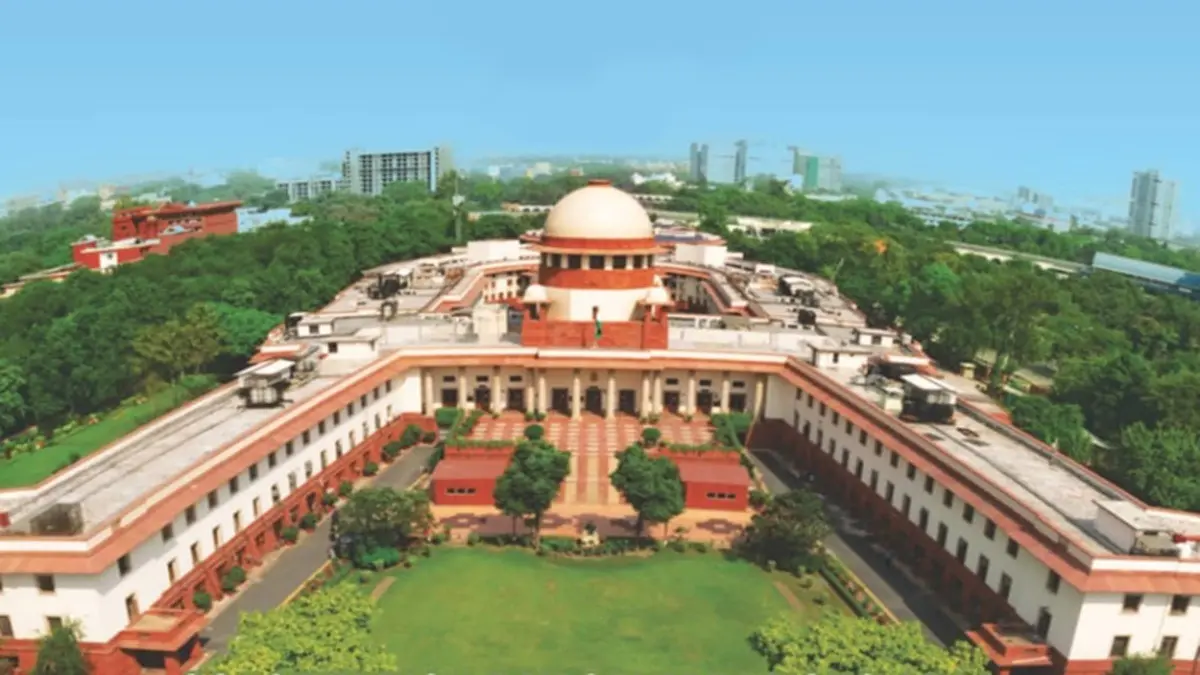Updated 18 June 2025 at 00:38 IST
Dreams On Hold? SC’s 3-Year Practice Condition Leaves Young Judiciary Hopefuls In Limbo
The Supreme Court of India has reinstated a rule requiring candidates to have at least three years of legal practice experience to be eligible for civil judge exams.
- India News
- 4 min read

New Delhi: In a move that’s rattled thousands of young law graduates, the Supreme Court has brought back the rule that a candidate must have at least three years of practice as a lawyer before they can sit for civil judge exams.
The judgment, delivered last month by a bench led by Chief Justice BR Gavai, ends a two-decade run where fresh law graduates could enter the lower judiciary straight from law school.
The Court made it clear: ‘Neither knowledge derived from books nor pre-service training could be an adequate substitute for the first-hand experience of the working of the court system and the administration of justice begotten through legal practice.’
What Exactly Has Changed?
From now on, anyone dreaming of becoming a civil judge must first prove they’ve spent three years in active practice.
Advertisement
That practice period can be counted from the day they get their provisional Bar Council enrolment.
Even working as a law clerk under a judge or a judicial officer will count as part of those three years.
Advertisement
This rule won’t affect exams that High Courts have already announced, but it’s compulsory for all future recruitments.
What’s New?
A fresh review petition has been filed in the Supreme Court, arguing that thousands of recent graduates, especially from the batches of 2023 to 2025, will lose out unfairly because they studied for these exams under the old eligibility rules.
The petitioner, advocate Chandra Sen Yadav, argues that the immediate implementation violates the principles of fairness, legitimate expectation, and equal opportunity guaranteed under Article 14. The petition further states that the three-year practice requirement may discourage women, first-generation lawyers, and economically weaker candidates who may not have the means to sustain an uncertain legal practice before securing a stable judicial post
He points out that the Shetty Commission, which studied the functioning of the judiciary in depth, had actually recommended doing away with the practice rule saying, ‘3 years standing at the Bar as the minimum qualification for entry into the judicial service may be wholly unnecessary and uncalled for in view of the Commission’s recommendations on Institutional training for the selected candidates.’
Interestingly, not every High Court wanted this rule back either. States like Chhattisgarh, Tripura, Nagaland, Haryana and even the Rajasthan High Court argued that fresh graduates bring in new energy and shouldn’t be barred just because they lack a few years in court.
Why Did The Supreme Court Bring It Back?
According to the bench, too many new judges without practical exposure were struggling to handle sensitive issues like liberty, property disputes and criminal trials from day one. The judges said real courtroom experience is vital to understand how lawyers and courts function in reality and that training alone isn’t enough.
‘This Court observed that the recruitment of “raw graduates” as Judicial Officers without any training or background in lawyering has not proved to be a successful experiment. This Court further noted that from the first day of his/her assuming office, a Judge has to decide, among others, questions of life, liberty, property and reputation of the litigants. This Court further noted that to induct graduates fresh from the Universities to occupy seats of such vital powers was neither prudent nor desirable.’
What Happens Next?
The ball is now back in the Supreme Court’s court. The review plea wants the new rule to kick in from 2027 onwards so that students who’ve already invested time and money preparing aren’t suddenly left behind.
If the top court refuses, fresh law graduates will simply have to wait three years or build courtroom experience before they can wear the judge’s robe.
For thousands of young aspirants, it’s now a wait-and-watch game and another reminder that in India’s legal maze, a single court order can change thousands of futures overnight.
Get Current Updates on India News, Entertainment News, Cricket News along with Latest News and Web Stories from India and around the world.
Published By : Abhishek Tiwari
Published On: 18 June 2025 at 00:38 IST
